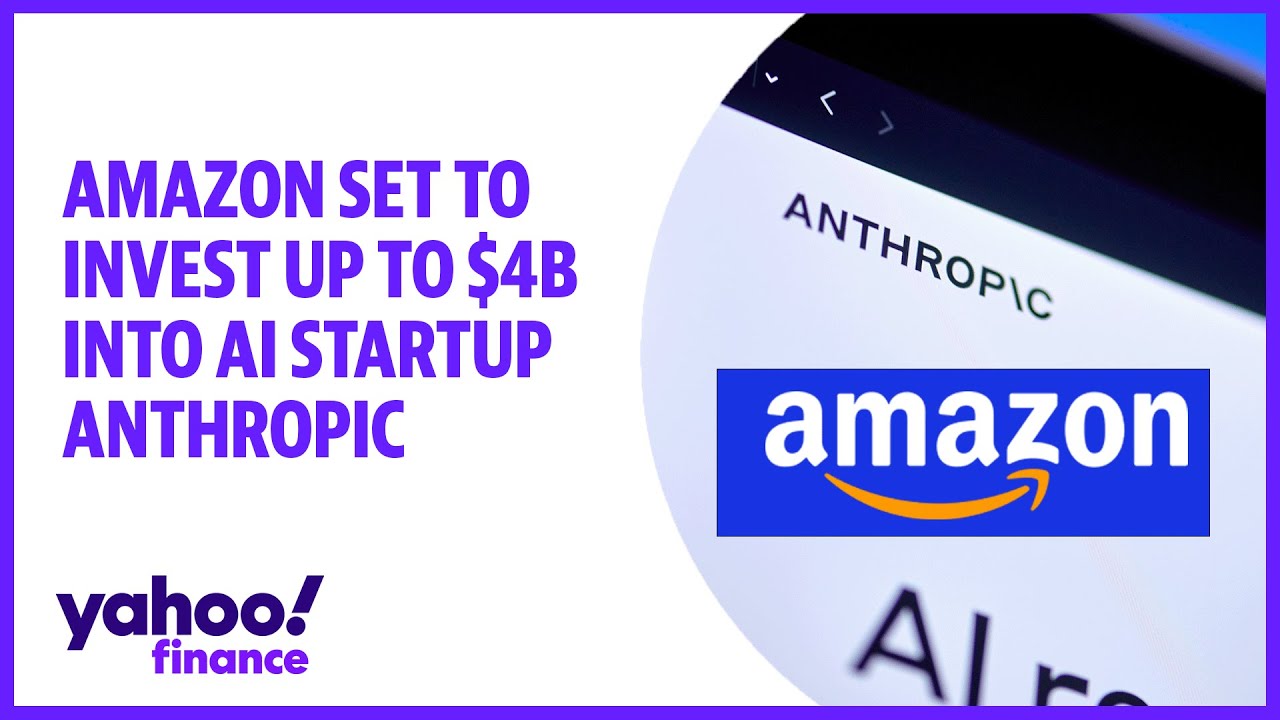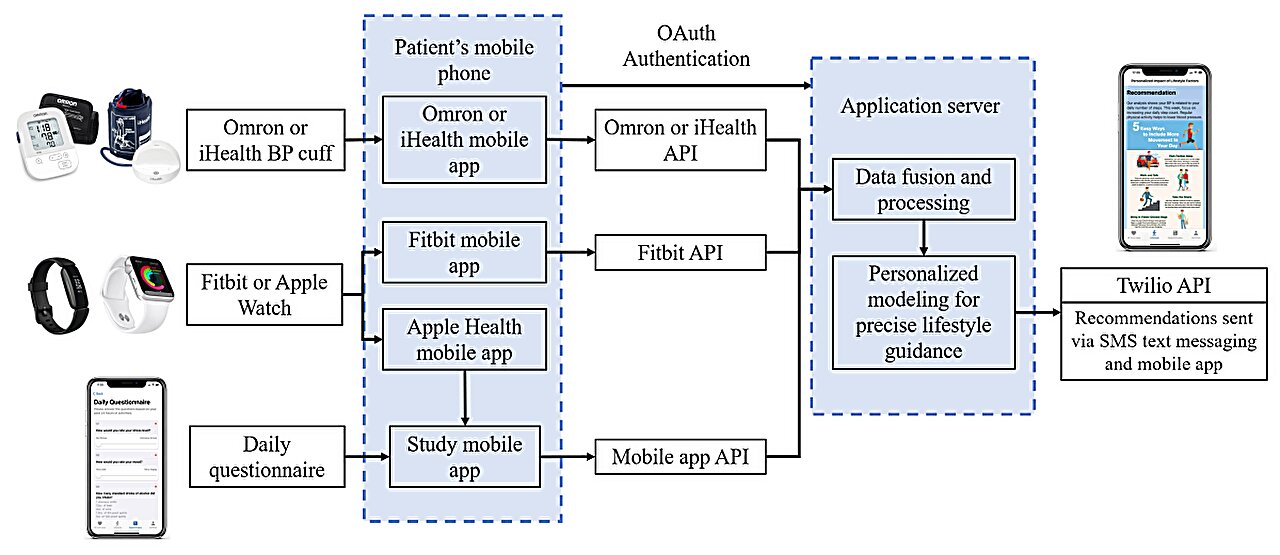California’s AI Bill Sparks Controversy: A Threat to Innovation or a Safeguard Against Catastrophic Harm?
As the world hurtles towards an AI-powered future, the state of California has taken a bold step in proposing a bill to regulate large frontier AI models. The bill, known as SB 1047, has sparked a heated debate among stakeholders in the tech industry, with some hailing it as a necessary safeguard against catastrophic harm, while others see it as a threat to innovation.
California’s AI bill aims to hold developers accountable for potential risks
The bill, introduced by California state Senator Scott Weiner, requires developers of large and powerful AI systems to comply with common-sense safety standards. This includes undergoing independent audits by third-party auditors and having an inbuilt kill switch for emergencies. The bill also proposes the establishment of a new AI certifying body, the Frontier Model Division, to ensure compliance with safety standards.
The bill aims to prevent AI-generated output that could lead to death or injury
However, critics argue that the bill would stifle innovation and doom the entire AI industry. They claim that the legislation is overly broad and would effectively eliminate open-source AI models. The bill’s opponents also argue that it would create a regulatory nightmare, making it difficult for developers to comply with the proposed provisions.
Critics argue that the bill would stifle innovation and harm the AI industry
As the debate rages on, it’s clear that the stakes are high. The development of AI has the potential to revolutionize industries and transform our lives, but it also poses significant risks. The question is, can we find a balance between innovation and safety?
The future of AI hangs in the balance as California’s bill sparks controversy
In this article, we’ll delve deeper into the implications of California’s AI bill and explore the arguments for and against it. We’ll also examine the potential consequences of regulating AI and what it means for the future of this rapidly advancing technology.
The Risks of Unregulated AI
The development of AI has been rapid and unchecked, with many experts warning of the potential risks of unregulated AI. From creating novel threats to public safety and security to enabling the creation and proliferation of weapons of mass destruction, the risks are real and pressing.
The risks of unregulated AI are real and pressing
The Case for Regulation
Proponents of the bill argue that regulation is necessary to prevent catastrophic harm. They point to the potential risks of AI and the need for developers to be held accountable for their creations.
Proponents of the bill argue that regulation is necessary to prevent catastrophic harm
The Case Against Regulation
Critics of the bill argue that regulation would stifle innovation and harm the AI industry. They claim that the legislation is overly broad and would create a regulatory nightmare.
Critics argue that the bill would stifle innovation and harm the AI industry
The Future of AI
As the debate rages on, one thing is clear: the future of AI hangs in the balance. The development of AI has the potential to revolutionize industries and transform our lives, but it also poses significant risks. The question is, can we find a balance between innovation and safety?
The future of AI hangs in the balance as California’s bill sparks controversy
In conclusion, California’s AI bill has sparked a heated debate about the need for regulation in the AI industry. While proponents argue that regulation is necessary to prevent catastrophic harm, critics claim that it would stifle innovation and harm the industry. As the world hurtles towards an AI-powered future, one thing is clear: the stakes are high, and the future of AI hangs in the balance.


 Photo by
Photo by 











